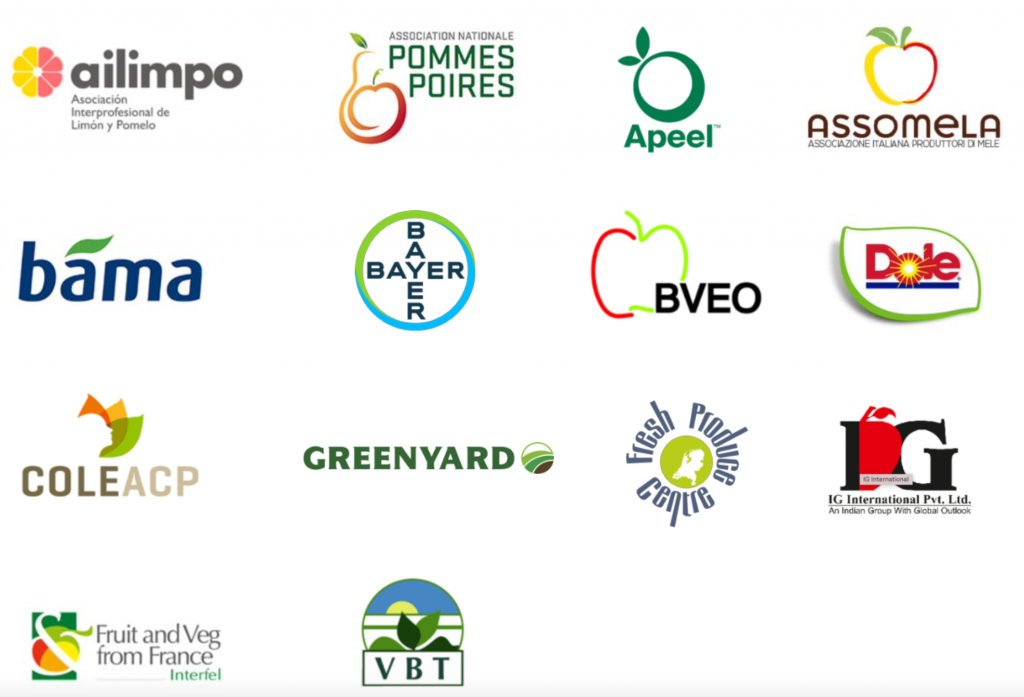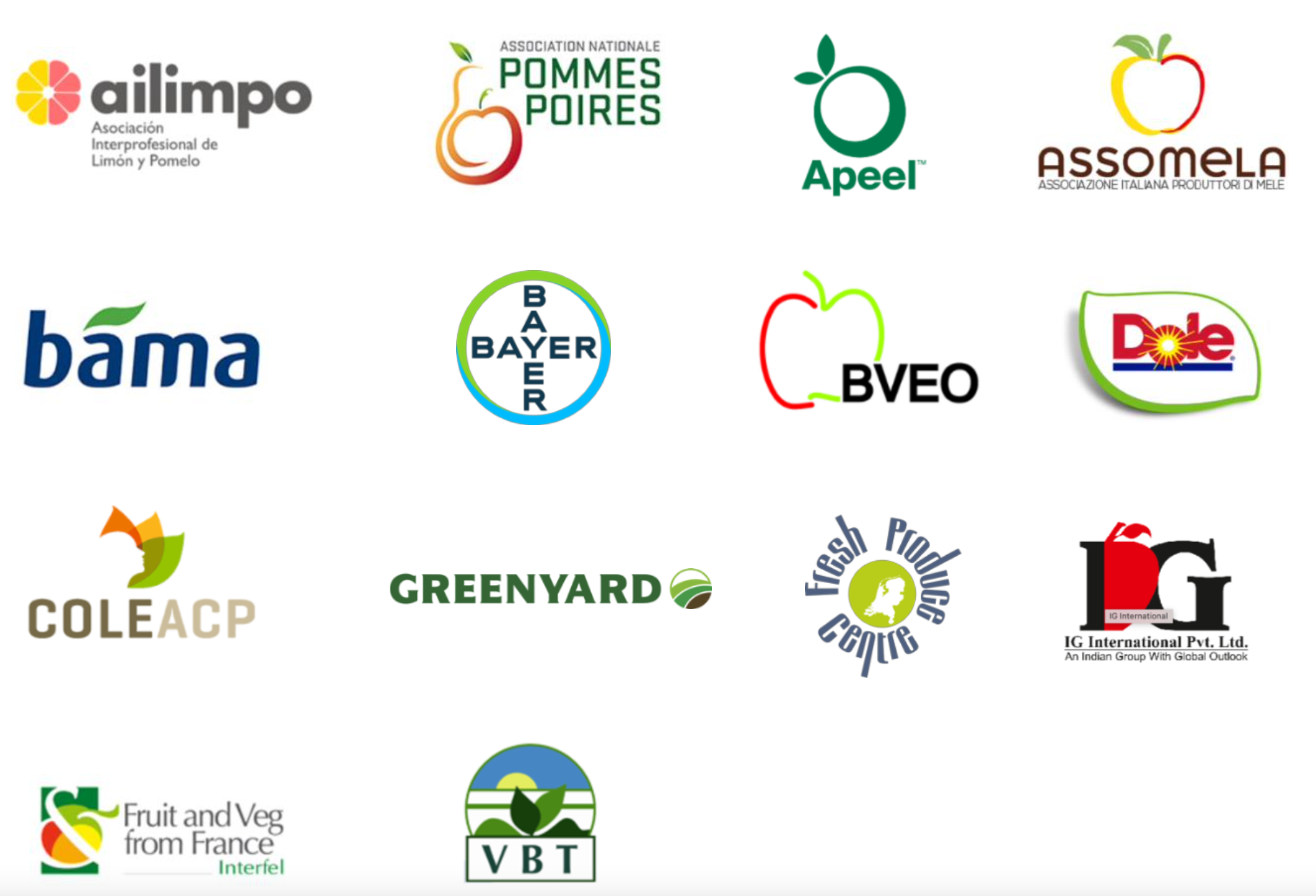Freshfel developing shadow PEFCR rules for fruit & vegetables
As part of its Environmental Footprint Initiative, Freshfel Europe alongside members is embarking on the development of a shadow Product Environmental Footprint Category Rules (PEFCR) for fruit and vegetables. The objective of the shadow PEFCR is to have a state-of-the-art, standardised environmental footprint methodology for the fresh produce sector. Once developed, the shadow PEFCR will enhance benchmarking and comparison of the environmental footprint of products within the fresh produce category. This will heighten sector transparency, accountability and communication on environmental matters with fruit and vegetables being one of the most sustainable food categories.
Until now efforts within the fresh produce sector to address product sustainability through environmental footprint have been highly fragmented. The development of a shadow PEFCR with specific category rules for fruit and vegetables will ensure comparable results of PEF calculations. The shadow PEFCR for fruit and vegetables will take two years to develop and will be open twice for public consultation during this period. Its development will closely follow the European Commission’s official PEFCR process to be well aligned for future approval as the EU sector standard PEF methodology. The methodology will be developed with the technical support of Wageningen Economic Research and will revise the existing HortiFootprint Category Rules for the fresh produce sector.
Once developed, the shadow PEFCR for fruit and vegetables will be available for sector-wide use as an open resource.
Freshfel Europe Director for Sustainability Nicola Pisano said: “There is an urgent need for transparent and highly accurate product sustainability data within the sector. On top of current B2B and B2C demand for environmental footprint information, PEF methodology is likely to be employed by the European Commission in upcoming EU green claims and food sustainability label legislation.” Pisano added: “The shadow PEFCR methodology for fruit and vegetables will kick-start the sector’s preparedness for this to maintain the industry’s competitiveness in the coming years and it will also meet continuing supply chain needs for accurate and comparable product environmental data. Fruit and vegetables are one of the most sustainable food categories. The shadow PEFCR methodology will help the sector better communicate this in the shift towards healthy, sustainable plant-based diets. The whole sector will benefit from the shadow PEFCR now and into the future.”




